The healthcare industry is on the brink of a technological revolution, with emerging technologies transforming patient care and medical practices. These innovations are making healthcare more efficient, personalized, and accessible. Understanding these technologies can help you stay informed about the future of healthcare.
From telemedicine to wearable health devices, these advancements are improving diagnosis, treatment, and patient outcomes. They are also empowering patients to take a more active role in their health management. Discover 14 emerging technologies that are shaping the future of healthcare and revolutionizing the medical field.
Telemedicine

Telemedicine is revolutionizing how patients access healthcare services. By allowing remote consultations with doctors, patients can receive care without the need to travel. This is especially beneficial for those in rural or underserved areas.
Telemedicine also enhances convenience and efficiency. Patients can schedule appointments online, reducing wait times and travel costs. Moreover, it allows for continuous monitoring and follow-up, ensuring better management of chronic conditions.
Wearable Health Devices
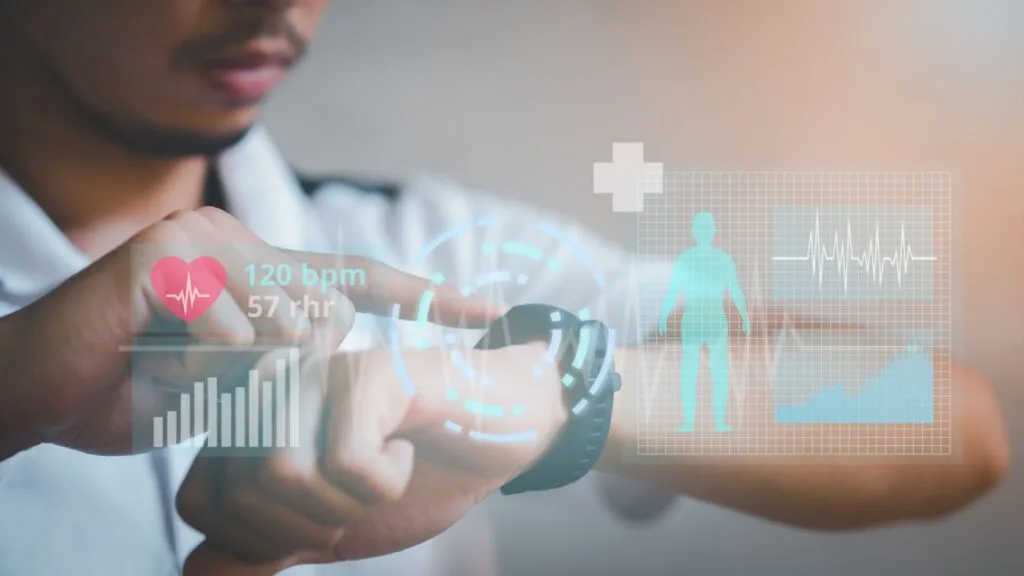
Wearable health devices are empowering individuals to monitor their health. These devices, such as fitness trackers and smartwatches, can track vital signs like heart rate, sleep patterns, and physical activity. This data can help individuals make informed health decisions.
Doctors can also use this data to monitor patients remotely. For instance, they can detect early signs of health issues and intervene before they become serious. Wearable health devices are making healthcare more proactive and personalized.
3D Printing

3D printing is making significant strides in healthcare. It allows for the creation of custom prosthetics, implants, and even organ tissues. This technology ensures that medical devices and solutions are tailored to individual patient needs.
In addition, 3D printing can speed up the production of medical equipment. This is crucial during emergencies or when dealing with supply shortages. The technology is also being used for surgical planning, allowing doctors to practice on accurate models before operating.
Artificial Intelligence In Diagnostics
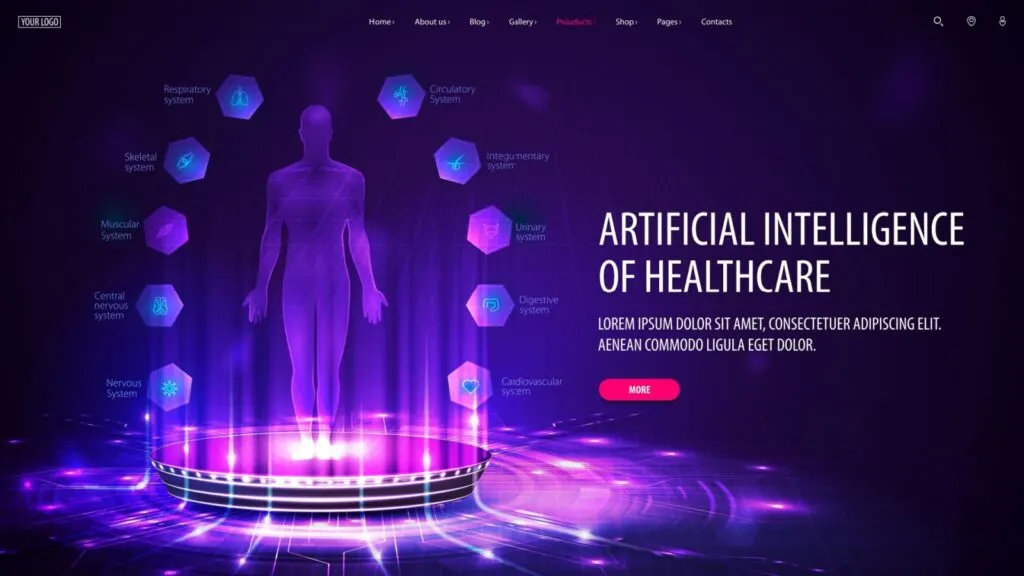
Artificial Intelligence (AI) is enhancing the accuracy and speed of medical diagnostics. AI algorithms can analyze medical images, detect patterns, and diagnose diseases such as cancer with high precision. This reduces the likelihood of human error and improves patient outcomes.
AI also helps in predicting disease outbreaks and identifying at-risk populations. By analyzing large datasets, AI can uncover trends that might be missed by human analysts. This enables timely interventions and better resource allocation in healthcare systems.
Robotic Surgery
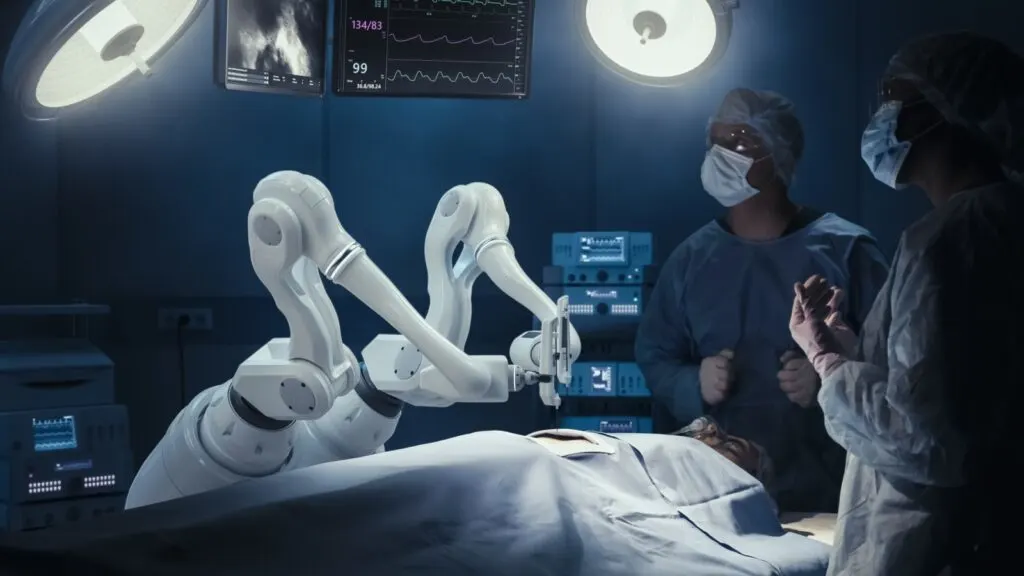
Robotic surgery is transforming surgical procedures by providing precision and control beyond human capabilities. Surgeons use robotic systems to perform minimally invasive surgeries with enhanced accuracy. This results in smaller incisions, less pain, and faster recovery times for patients.
The technology also allows for greater flexibility and access to hard-to-reach areas during surgery. Robotic systems can be controlled remotely, making it possible for specialists to operate on patients from different locations. This expands access to high-quality surgical care.
Gene Editing

Gene editing, particularly CRISPR technology, is opening new frontiers in treating genetic disorders. By precisely altering DNA, scientists can correct mutations that cause diseases such as cystic fibrosis and sickle cell anemia. This has the potential to cure previously untreatable conditions.
Gene editing is also being explored for cancer treatment. By modifying immune cells, it is possible to enhance their ability to target and destroy cancer cells. This personalized approach is promising for developing effective and targeted therapies.
Virtual Reality (VR) in Therapy
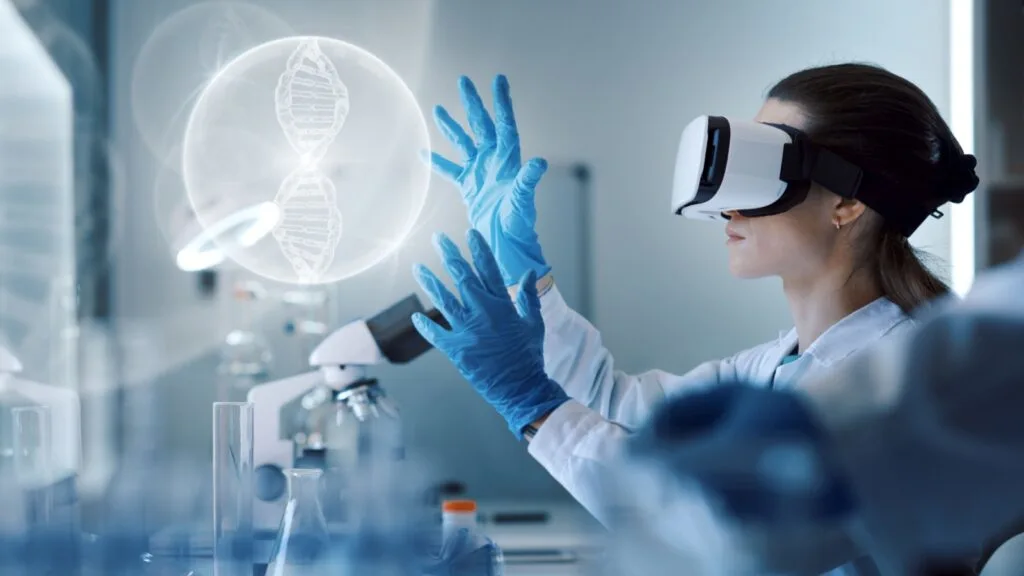
Virtual Reality (VR) is being used in therapeutic settings to treat various conditions. For instance, VR can help patients with chronic pain by providing immersive experiences that distract them from their discomfort. It is also being used in physical therapy to create engaging and motivating rehabilitation programs.
Mental health treatments are also benefiting from VR. Patients with anxiety, PTSD, or phobias can undergo exposure therapy in a controlled and safe virtual environment. This allows them to face and overcome their fears effectively.
Blockchain For Health Records
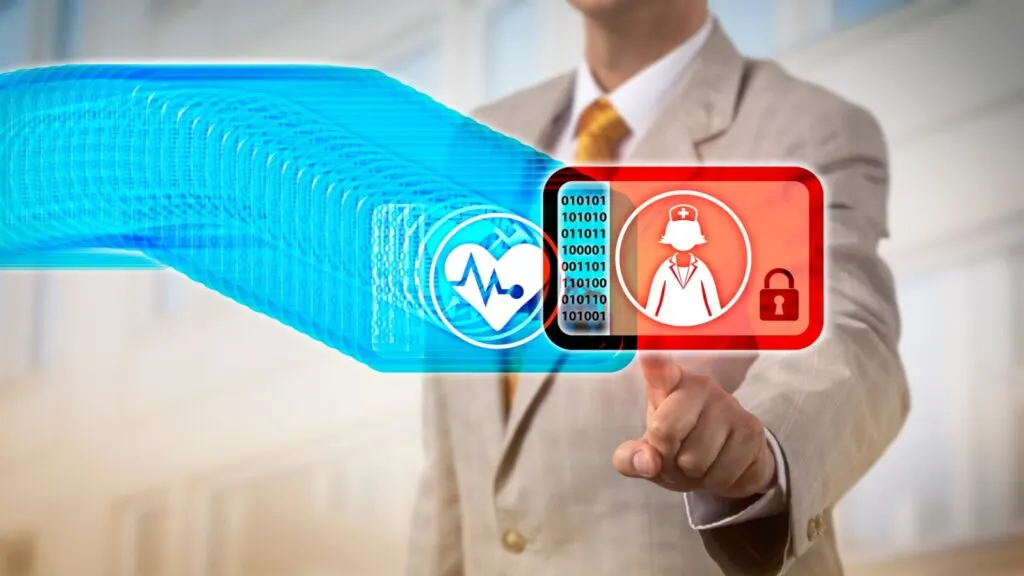
Blockchain technology is enhancing the security and management of electronic health records (EHRs). By creating a decentralized and immutable ledger, blockchain ensures that patient data is accurate and tamper-proof. This reduces the risk of data breaches and unauthorized access.
Blockchain facilitates seamless sharing of health information among different healthcare providers. This improves coordination and continuity of care, as doctors can access comprehensive patient histories. Patients also have greater control over their data.
Personalized Medicine

Personalized medicine is tailoring treatments to individual patient characteristics, such as genetics and lifestyle. By understanding a patient’s unique profile, doctors can prescribe medications and therapies that are more effective and have fewer side effects. This approach is transforming how diseases are treated.
For example, cancer treatments are becoming more personalized. By analyzing the genetic makeup of tumors, doctors can choose targeted therapies that specifically attack cancer cells. This increases the chances of successful treatment and reduces harm to healthy tissues.
Internet Of Medical Things (IoMT)
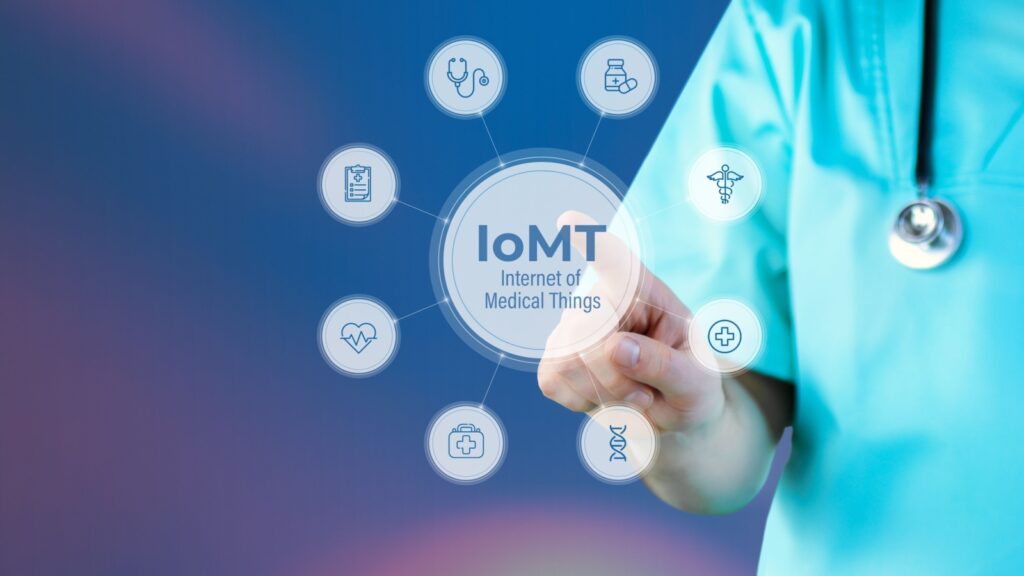
The Internet of Medical Things (IoMT) connects medical devices and sensors to healthcare networks. This allows for real-time monitoring and data collection from patients. For instance, smart insulin pumps can automatically adjust dosages based on blood sugar levels.
IoMT also enhances hospital operations by tracking equipment and optimizing workflows. For example, it can monitor the usage of medical supplies and ensure timely replenishment. This improves efficiency and reduces operational costs in healthcare facilities.
Regenerative Medicine
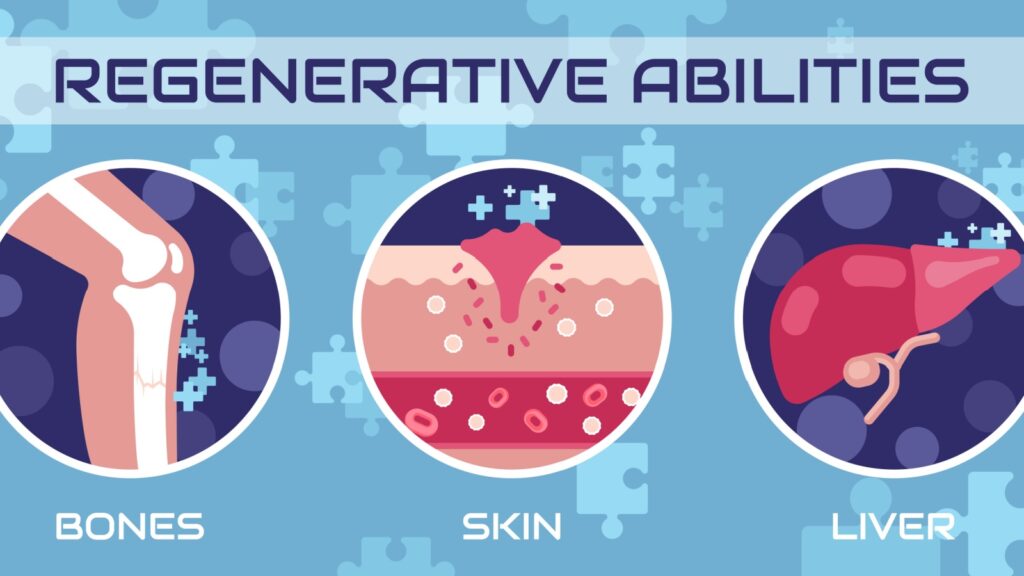
Regenerative medicine focuses on repairing or replacing damaged tissues and organs. Stem cell therapy is a key area, where cells are used to regenerate healthy tissue. This has potential applications in treating conditions such as heart disease and spinal cord injuries.
Tissue engineering is another aspect of regenerative medicine. Scientists are developing bioengineered organs and tissues that can be transplanted into patients. This could address the shortage of donor organs and improve the quality of life for many patients.
Big Data In Healthcare
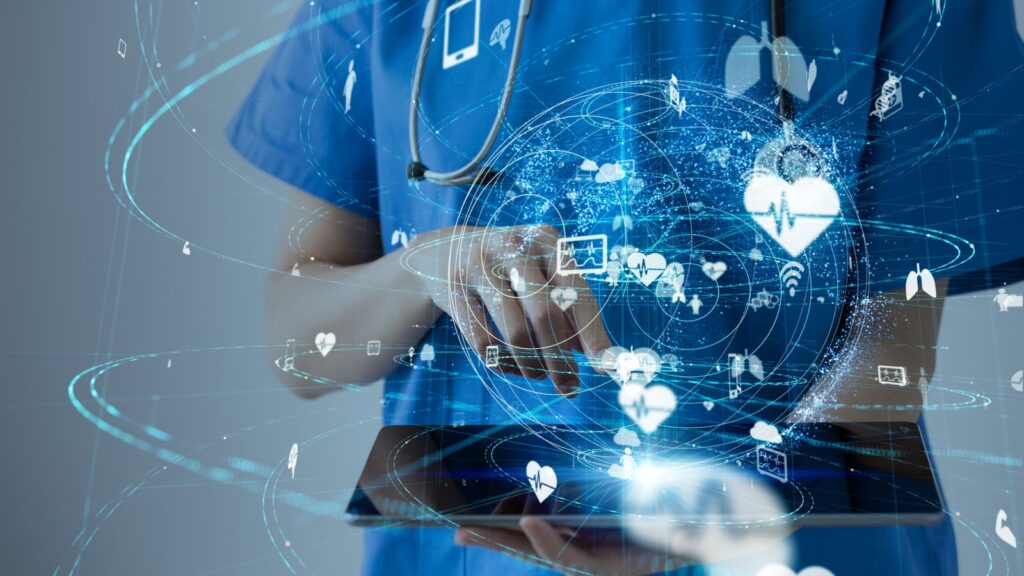
Big data is transforming healthcare by providing insights from vast amounts of medical information. By analyzing patient records, research data, and health trends, big data can identify patterns and predict outcomes. This helps in early disease detection and personalized treatment plans.
Hospitals and clinics use big data to improve operational efficiency. For example, predictive analytics can forecast patient admissions and optimize staffing levels. This ensures that resources are allocated effectively, enhancing patient care.
Mobile Health Apps
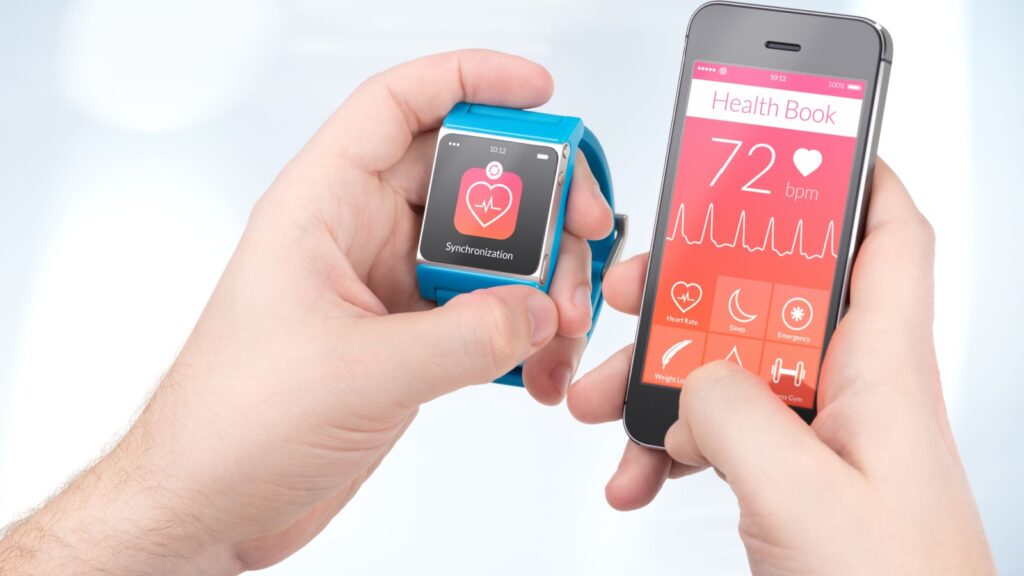
Mobile health apps are making healthcare more accessible and convenient. These apps allow users to track their health metrics, schedule appointments, and access medical information. They also provide reminders for medication and health check-ups.
Doctors use mobile apps to monitor patients remotely. For instance, they can receive updates on a patient’s condition and intervene if necessary. This continuous monitoring improves chronic disease management and patient outcomes.
Smart Implants
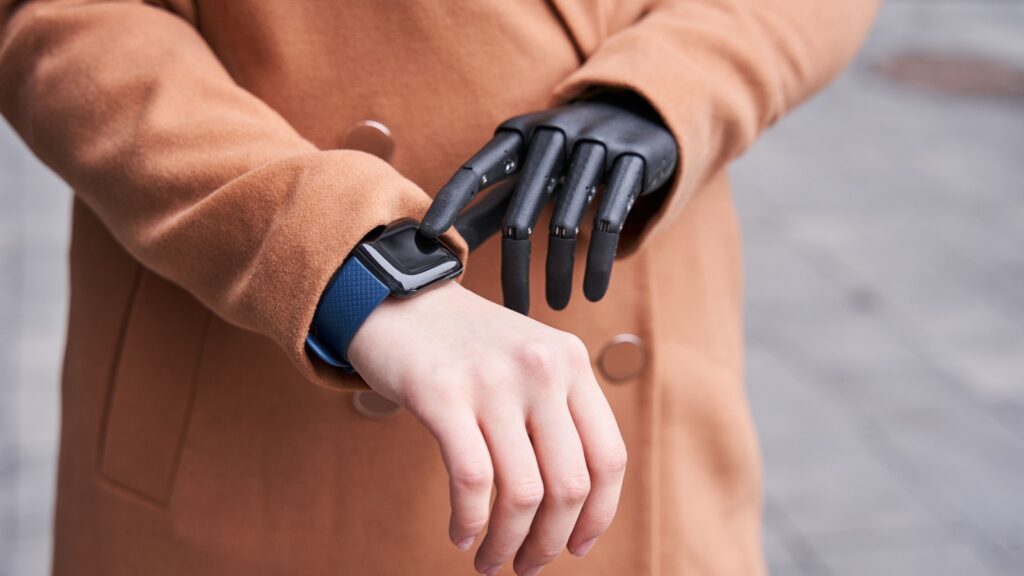
Smart implants are advanced medical devices that monitor and improve patient health. For example, pacemakers with wireless capabilities can send real-time data to doctors, allowing for continuous monitoring of heart health. This ensures timely interventions and adjustments.
Orthopedic implants are also becoming smarter. They can track the healing process and detect issues such as infections or implant loosening. This proactive monitoring helps prevent complications and ensures a successful recovery.
